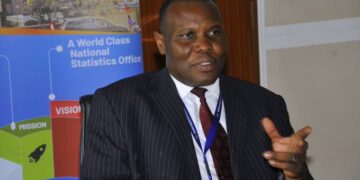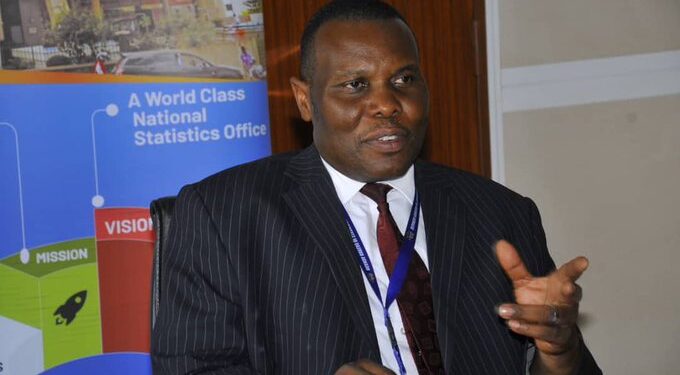Uganda Bureau of Statistics (UBOS) has said that it will engage the Cabinet over the National Census which was originally scheduled for August 25, 2023.
UBOS Deputy Executive Director, Godfrey Nabongo, told the press on Thursday that the delay results from procurement setbacks caused by the government’s delayed funding allocation.
UBOS seeks to inform the cabinet that the tablets required to conduct the census are yet to be procured.
According to Nabongo, the government has secured funding to the tune of $10m through the National Information Technology Authority – Uganda (NITA-U) to procure the tablets.
The bureau further seeks to inform the cabinet that due to the delayed procurement of tablets; the date of August 2023 is no longer feasible and because of that, they would request the cabinet to pronounce itself on a new date.
“We will make a report to the Ministry of Finance and the Cabinet about the prior set date (August 25) which may not be feasible and then wait for the government’s position on when to start the census. We will release the new dates in the coming weeks,” Nabongo told journalists at Statistics House in Kampala.
He, however, assured the public and key stakeholders that the country is on course to conduct the forthcoming National Population and Housing Census.
“It is going to be the first technologically driven census to be conducted in the country. The application of this new technology shall provide results in a timely manner as opposed to the previous paper-based censuses,” he noted.
According to Nabongo, the bureau will hire about 120,000 tech-savvy individuals who will be given tablets to conduct the exercise.
“It will be much faster and able to cover everybody,” he clarified.
He said the bureau is continuing with various pre-enumeration activities, some of which have been completed.
These include; census committees from national to district and city level, census instruments like questionnaires, pre-testing of census instruments, census pilot, geo-mapping of households and enumeration area boundaries (now at 62%), securing funds from the government for undertaking the census, among others.
According to him, the remaining pre-census activities are procurements, publicity, recruitment and training of census staff and developing digital maps.
The census results will provide indicators to guide planning, policy formulation, programme implementation and monitoring development progress set out in the NDP III objectives and the formulation of NDP IV and implementation of the Parish Development Model (PDM).
The data generated from the census will be used to monitor international development frameworks such as the Sustainable Development Goals (SDGs), the African Union Agenda 2063 and the East African Integration Agenda.











